A couple of years ago, I had the great pleasure of meeting Tan Ean Nee after she launched her book “The Way Home” (together with co-author Joshua Wong), a chronicle of the lives of leprosy patients from the Sungai Buloh Settlement. Her tireless work to document and piece together broken families is truly inspiring.
Before writing the book, Ean Nee was a host for a current affairs TV programme where in the process of carrying out research for an episode she discovered more about the Settlement’s history, the lives of its inhabitants and the Leprosy Act. This immensely cruel Act prohibited leprosy patients from raising their own children; soon after giving birth, mothers would be forced to give up their babies for adoption and in many cases would never see their kids again.
Often, the adopted children were brought up completely unaware of their history. Others were told the truth by their adoptive parents and in some instances tried to reconnect with their birth parents. For the leprosy patients and their children, finding each other was a long often heart-breaking process hampered by the stigma attached to leprosy and public indifference. Before families could be reunited old age took its toll, leaving the grown-up children without the chance to speak to their birth parents, to hear for themselves the heartbreak of forced separation and the many years spent wondering where they were and how they had grown up.
Ean Nee’s research brought her closer and closer to the remaining patients to the extent that she made the very brave decision to leave her job in TV to devote herself to preserving the Settlement’s legacy. She and the volunteer team set about collecting oral histories and most importantly trying to reconnect the fragmented families like a modern day Sherlock Holmes piecing together small clues and faded memories.
The stories she captured in her first book are truly haunting, yet beautiful. Love blossomed in Sungai Buloh as evidenced by the many children who were born there and subsequently given away. Love kept couples, friends and staff bound together in a tightly knit community which was shut off from the outside world. But instead of brick walls, stigma and fear kept society away from the community.
“Pertemuan Di Pusara” which was published in 2014, focuses on Noraeni, a Chinese woman who was given away to Malay parents as a baby. After accidentally discovering that she was adopted she set off on a journey to discover her birth parents after her mother passed away. Discovering the truth about her origins would have been like hunting for the proverbial needle in the haystack if not for Ean Nee’s intervention. I won’t say more to avoid spoiling the read…
What I found so fascinating about Ean Nee’s research was how she immersed herself so totally in her new calling. She’s determined to ensure that the personal history of the leprosy patients and their community is not lost to time and apathy. This isn’t simply a history project for her, but an attempt to reconnect lives that have been torn apart by heartless legislation and to hold up a mirror to society. In a world that needs to do so much better she’s a reminder of how a single, determined individual can make all the difference.
More about the Sungai Buloh Online Museum.
Here to order books or visit Ean Nee's Facebook page.
|
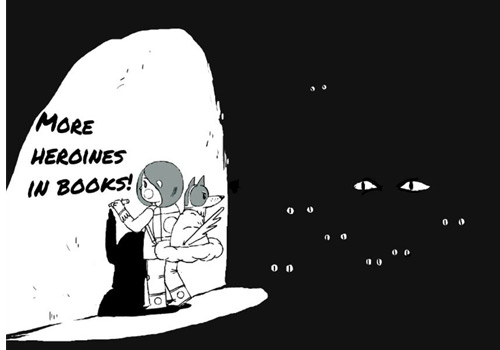

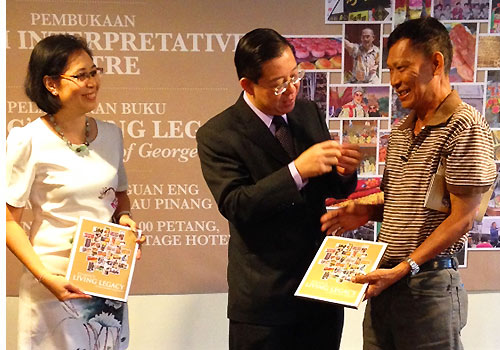
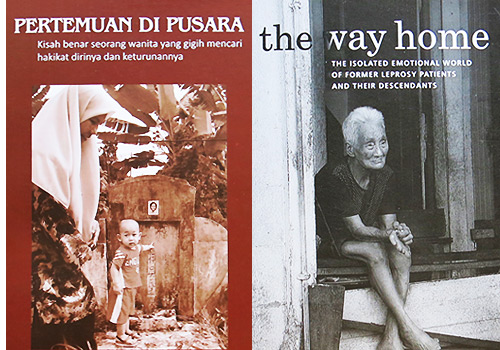
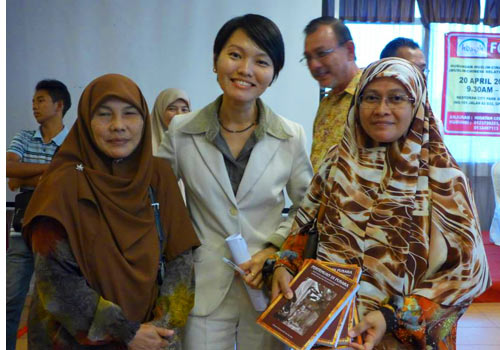 EAN NEE & NORAENI
EAN NEE & NORAENI
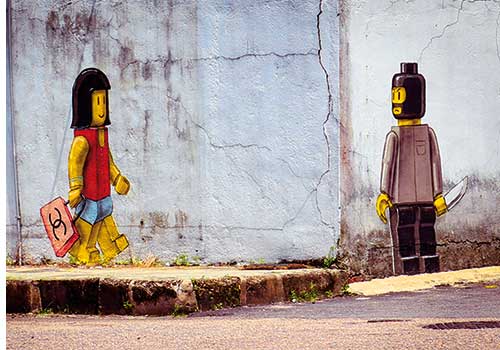
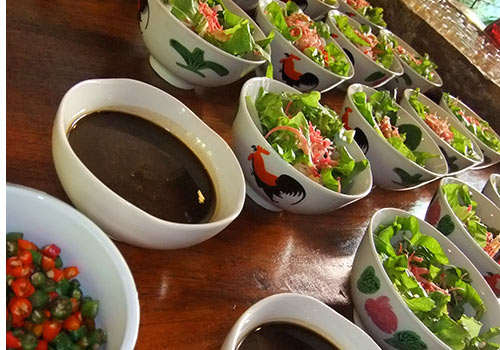
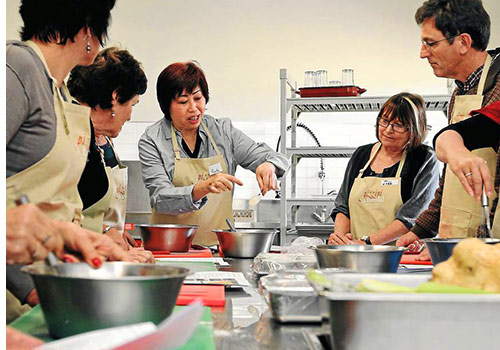 Picture: BEN EYLES
Picture: BEN EYLES